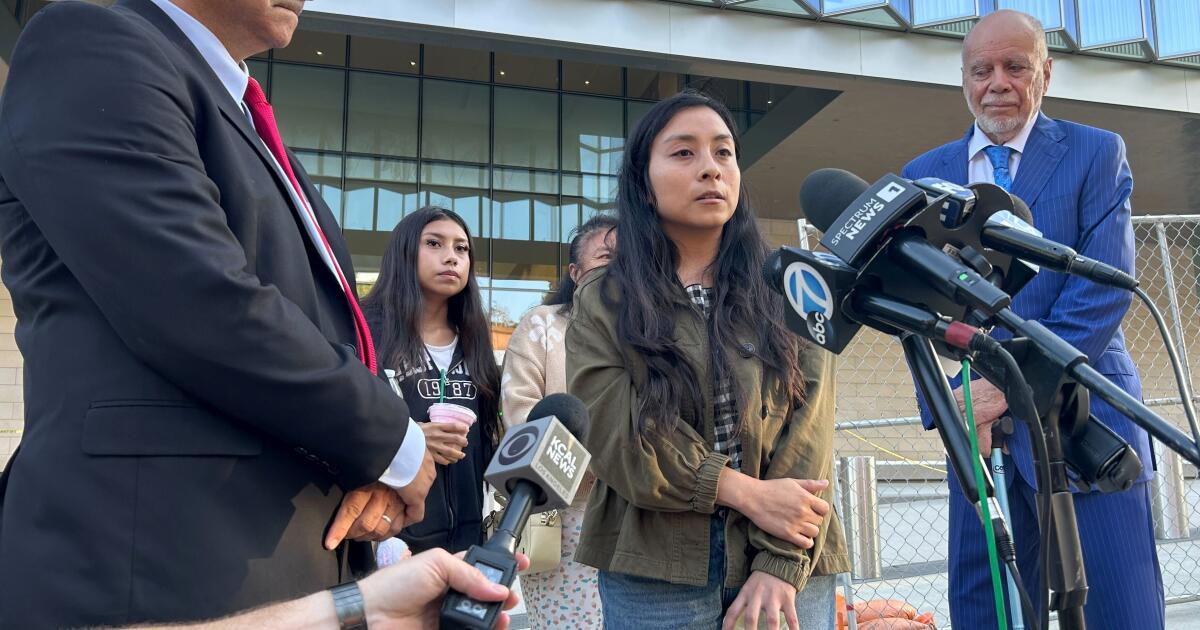JEFFERSON CITY, MO – In a significant development for the local cannabis industry, the Missouri Division of Cannabis Regulation, DCR, announced on Wednesday the completion of the second round of microbusiness marijuana licensing.
This marks the completion of the second round of licensing as mandated by Section 2 of Article XIV.
A total of 57 licenses were awarded to top applicants chosen through a random lottery conducted on June 4th.
The Missouri Lottery was conducted with no reference to the identities of the applicants, to ensure a fair and random selection process.
The DCR received an overwhelming response, with over 2,000 applications submitted during the April 15-29 application period.
Each of the eight Missouri congressional districts was guaranteed a minimum of six microbusiness licenses, with a distribution of two dispensary licenses and four wholesale facility licenses per district.
Additionally, nine licenses were made available in this round due to the revocation of licenses from the first round for rule violations, with these additional licenses distributed across the affected six congressional districts.
Applicants who were not selected in the lottery may be eligible for a refund. To qualify, they must submit the Microbusiness Application Refund Request form, certifying that they met the licensing criteria and have no pending or future litigation.
The refund request form will be available on the Department’s website 30 days after the second round of microbusiness licenses have been issued.
The DCR plans to issue an additional 48 licenses through the next application and lottery window in 2025.
A complete list of lottery results and licensed microbusinesses is available on the department’s website.










































